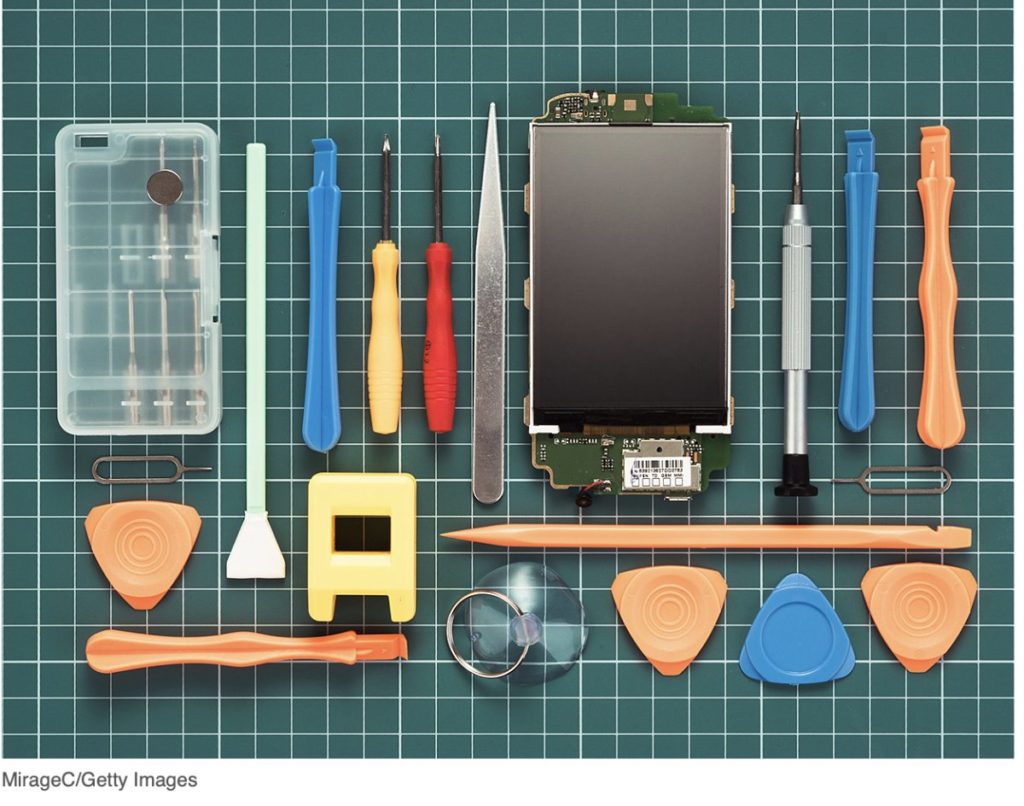A Federal Trade Commission (FTC) report to Congress criticizes Apple “anti-competitive repair restrictions” that harms customers and small businesses. By impeding repairs by independent workshops.
Regarding Apple’s requirements for its authorized independent repair shop program, the report says: The contract stipulates repair technicians may be subject to “unannounced audits and inspections by Apple”… And if independent repair shops leave the program, the contract actually includes a term that gives Apple the right to ‘continue inspecting repair shops for up to five years’ after it ends.
The FT also says that Apple restricts access to service manuals, makes specialized nuts and bolts, soldering of RAM and storage onto motherboards, and has issued copyright take-down notices when they’re posted online.
Also in the report: Apple’s experience with its battery replacement program also suggests that, given a choice between a low-cost repair and buying a new mobile phone, many consumers will opt for the low cost repair. In early 2018, after Apple was found to be slowing down certain models of iPhones in order to compensate for degrading batteries, the company reduced the price of out-of- warranty battery replacements for iPhone 6 and later models. Under the program, Apple reduced the price for a battery replacement from $79 to $29.191 Subsequently, in a January 2, 2019 letter to investors, Apple’s CEO explained that iPhone sales were lower than anticipated due to, among other things, “some customers taking advantage of significantly reduced pricing for iPhone battery replacements.”
Whether consumers are willing to trade repairability of devices for other design features is a question that remains open.193 Further research is required to understand the tradeoffs consumers are willing to make when fully informed about repairability.
On a broader scale, the FTC report says that manufacturers restrict independent repair and repair by consumers and small businesses due to:
- Product designs that complicate or prevent repair
- Unavailability of parts and repair information
- Designs that make independent repairs less safe
- Policies or statements that steer consumers to manufacturer repair networks
- Application of patent rights and enforcement of trademarks
- Disparagement of non-OEM parts and independent repair
- Software locks and firmware updates
- End User License Agreements.
Article provided with permission from AppleWorld.Today

